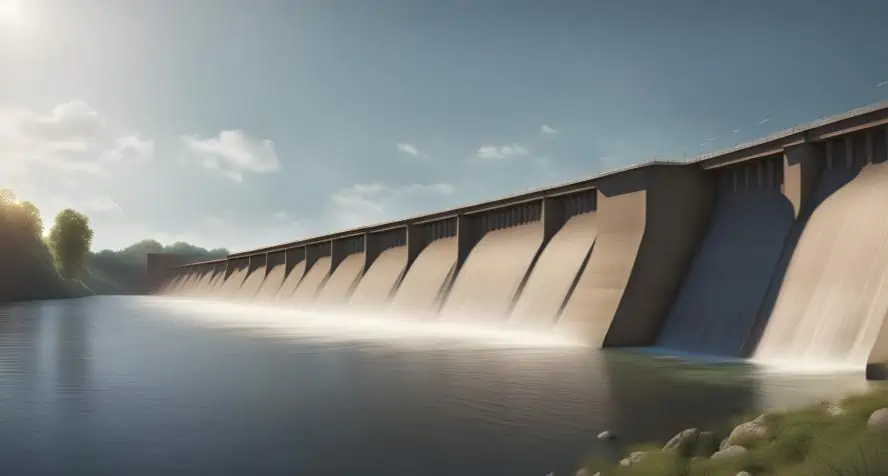Introduction
While the world’s attention remains fixated on the energy crisis, South Africa faces another daunting challenge – an impending water crisis. The South African Human Rights Commission (SAHRC) has recently scrutinised several KwaZulu-Natal municipalities and water service authorities, shedding light on the dire state of water access in the province. Widespread water shortages, uneven supply, poor quality, and billing problems have plagued communities. Rand Water and Johannesburg Water have issued pleas for residents to curtail their water consumption due to the strain on their systems. Inadequate investment in water infrastructure, coupled with escalating water scarcity, has emerged as the primary catalysts of South Africa’s water predicament, exacerbated by a multitude of factors. This article delves into the intricate web of challenges contributing to South Africa’s water crisis and highlights the urgent need for investment and reform.
The Perfect Storm
South Africa’s water crisis has been brewing for years, with multiple factors converging to create the perfect storm. Rapid population growth and urbanisation have strained existing water resources, while climate change has disrupted traditional weather patterns, leading to droughts and erratic rainfall. Inefficient water management practices, coupled with ageing infrastructure, have compounded the problem. Perhaps most concerning is the unequal distribution of water resources, leaving some communities parched while others have plenty.
The Alarming Case of Non-Revenue Water
Non-revenue water, a term encompassing unbilled authorised consumption, commercial losses (theft), and physical losses (leakage), has reached staggering proportions in South Africa. Shockingly, almost 50% of the water supplied by utilities generates no income. The bulk of this loss, approximately 70.2%, results from leakages – a stark reminder of the dire state of water distribution infrastructure. This highlights the urgent need for better operation and maintenance practices to minimise such losses.
Public Sector Neglect and Private Sector Opportunity
The lion’s share of South Africa’s water infrastructure is developed and managed by the public sector, including municipalities and the government. However, years of underinvestment and neglect have opened the door for private sector participation. Recognizing the gravity of the situation, the government is actively seeking private sector involvement in water infrastructure projects. Key players in the water industry acknowledge that mismanagement and corruption in the government have led to overregulation, hampering efficient responses and resulting in wasteful procurement processes and under expenditure.
The Way Forward: Investment and Reform
To avert the looming water crisis, South Africa must prioritise investment and reform in its water sector. The government’s commitment to funding critical infrastructure projects, with a focus on water, energy, and transport, is a step in the right direction. Collaboration between the public and private sectors can harness the necessary resources and expertise to revitalise the water infrastructure.
In addition to investment, reform is imperative. Streamlining regulations and procurement processes, while combating corruption, will enhance efficiency and transparency in the water sector. Furthermore, proactive measures to conserve water resources, such as improved irrigation techniques in agriculture and public awareness campaigns for responsible water usage, must be undertaken.
Conclusion
South Africa stands at a critical juncture, facing a water crisis that threatens agriculture, industry, public health, and local communities. While the energy crisis captures global headlines, the water crisis silently intensifies, demanding immediate attention and action. Through investment, reform, and a collective commitment to responsible water management, South Africa can navigate these troubled waters and secure a sustainable future for its people. The time to act is now, before the taps run dry and the consequences become irreversible.
